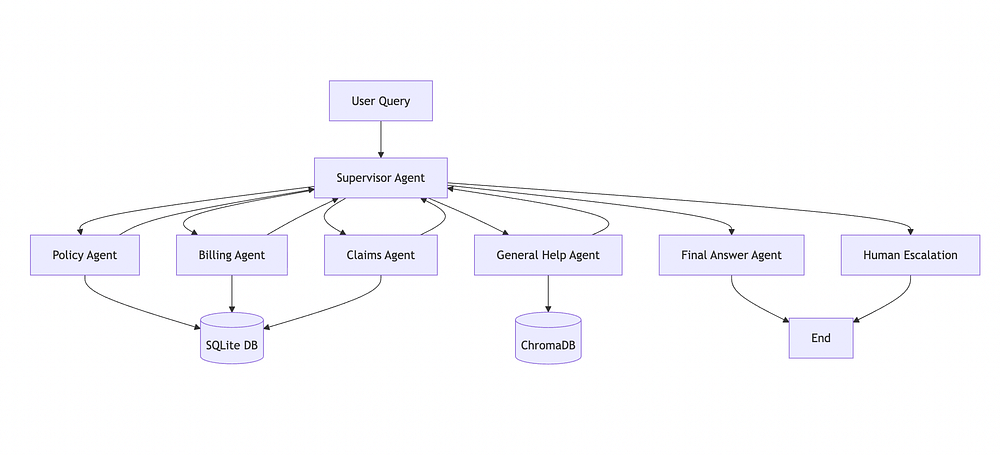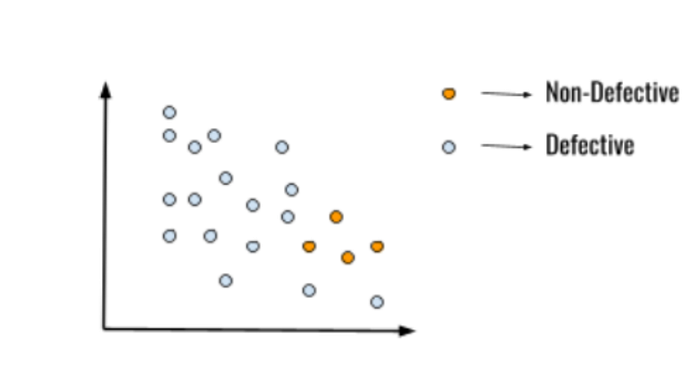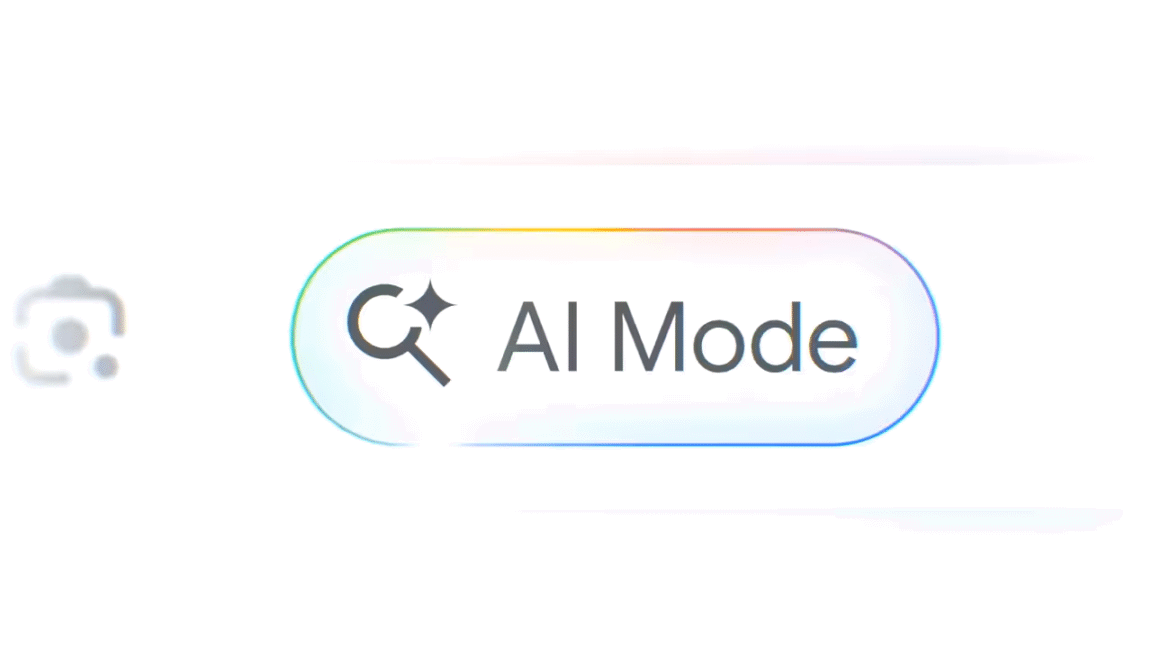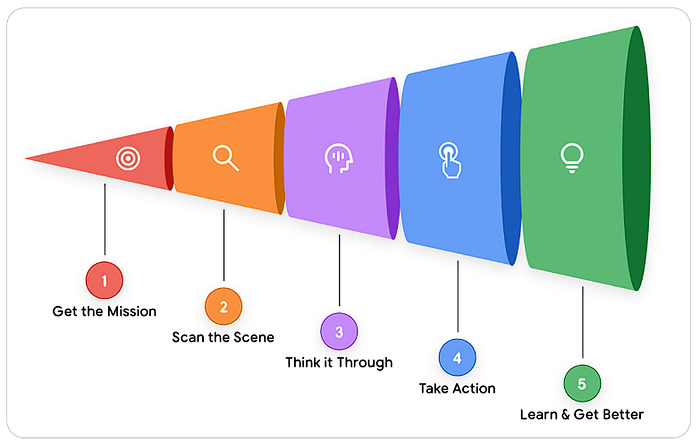Introduction to the Case
The New York Times and other news organizations are currently involved in a lawsuit with OpenAI, the company behind the popular AI chatbot ChatGPT. The news organizations are seeking information about how ChatGPT works and how it interacts with users. Specifically, they want access to a large sample of conversation logs between users and the chatbot.
The Discovery Requests
The news organizations have requested that OpenAI hand over a sample of 20 million conversation logs. However, OpenAI has proposed running searches on a small subset of its model outputs on behalf of the plaintiffs, which the news organizations argue is inefficient and inadequate. They claim that they need access to the model outputs themselves in order to fairly analyze how "real world" users interact with the chatbot and to conduct expert analyses about how the models function.
OpenAI’s Response
OpenAI has disputed the judge’s reasoning in ordering the production of the entire 20 million-log sample. The company argues that the judge’s order was based on a California case, Concord Music Group, Inc. v. Anthropic PBC, in which the judge ordered the production of 5 million records. However, OpenAI claims that this case is not applicable to the current situation because the logs in question are complete conversations, not just prompt-output pairs.
Key Differences Between the Cases
OpenAI points out that the logs in the Concord case were just prompt-output pairs, whereas the logs in the current case are complete conversations that can include multiple prompt-output pairs. This means that producing the entire 20 million-log sample could result in up to 80 million prompt-output pairs, which raises significant privacy concerns.
The Importance of the Case
The outcome of this case could have significant implications for the development of AI technology and the way that companies like OpenAI handle user data. The news organizations are seeking to understand how ChatGPT works and how it interacts with users, which could help to inform the development of more transparent and accountable AI systems.
Conclusion
The lawsuit between the New York Times and OpenAI highlights the complexities of developing and using AI technology. The case raises important questions about the balance between privacy and transparency, and the need for companies to be accountable for the way that they handle user data. As the development of AI technology continues to advance, it is likely that we will see more cases like this one, and it will be important to carefully consider the implications of these technologies for users and society as a whole.
FAQs
- What is the lawsuit between the New York Times and OpenAI about?
The lawsuit is about the New York Times and other news organizations seeking information about how OpenAI’s chatbot ChatGPT works and how it interacts with users. - What are the news organizations seeking in the lawsuit?
The news organizations are seeking access to a sample of 20 million conversation logs between users and the chatbot. - Why is OpenAI opposing the request?
OpenAI is opposing the request because it raises significant privacy concerns and could result in up to 80 million prompt-output pairs being produced. - What are the implications of the case?
The outcome of the case could have significant implications for the development of AI technology and the way that companies like OpenAI handle user data.










